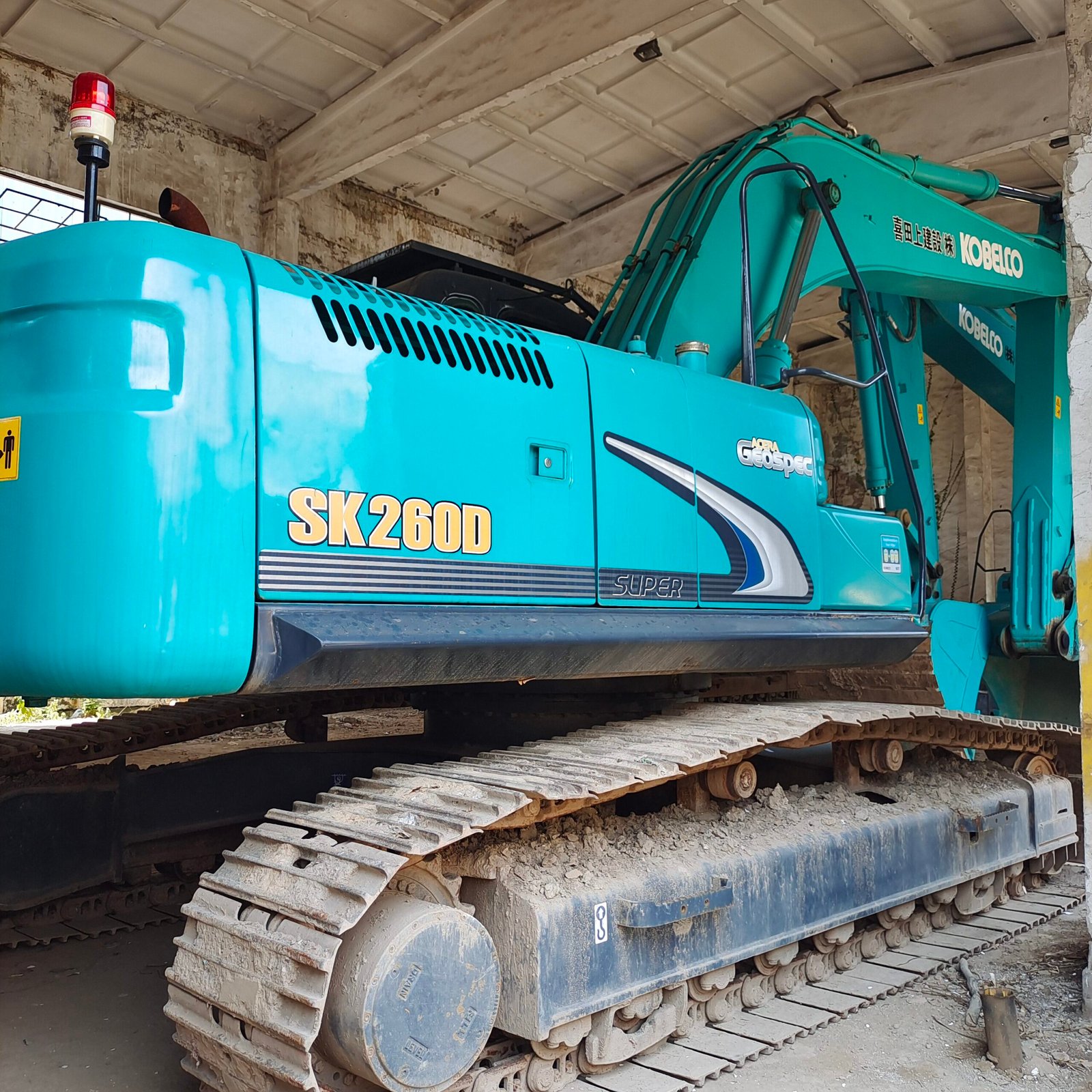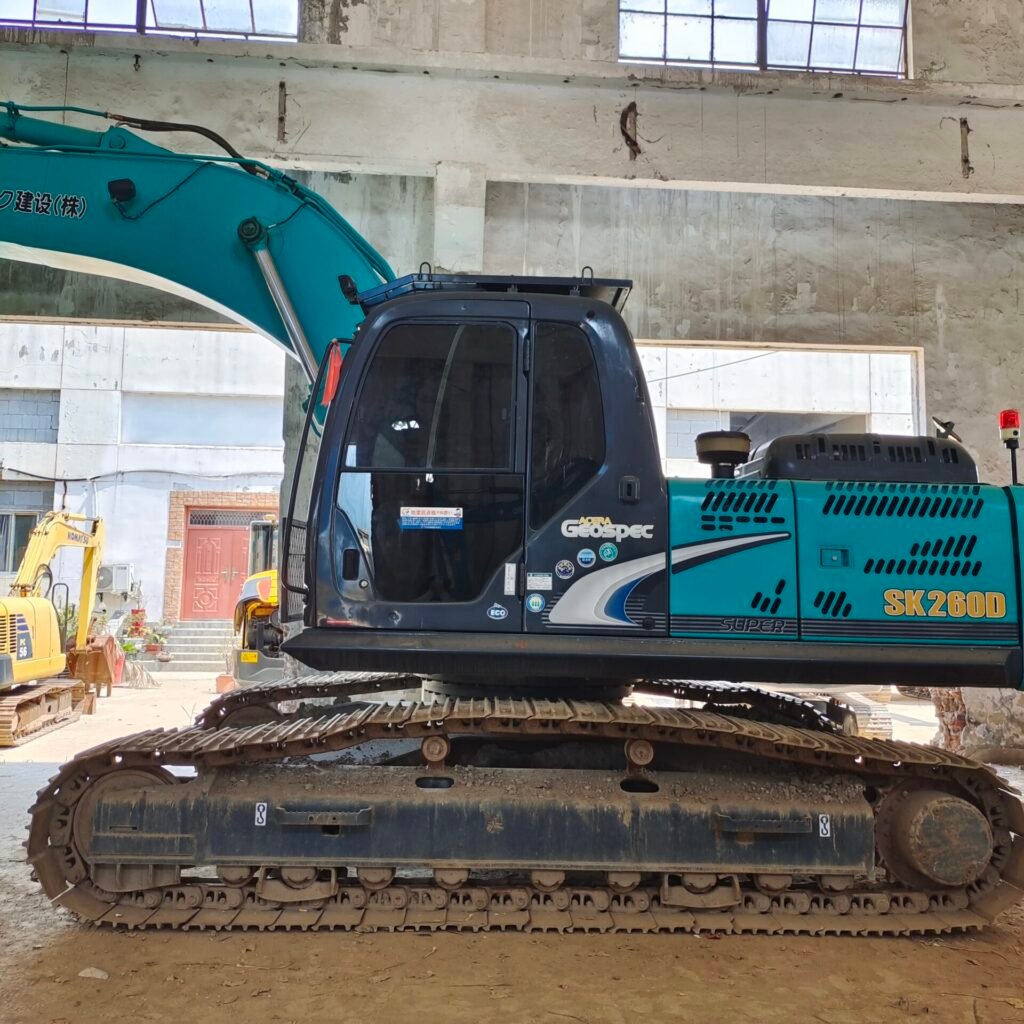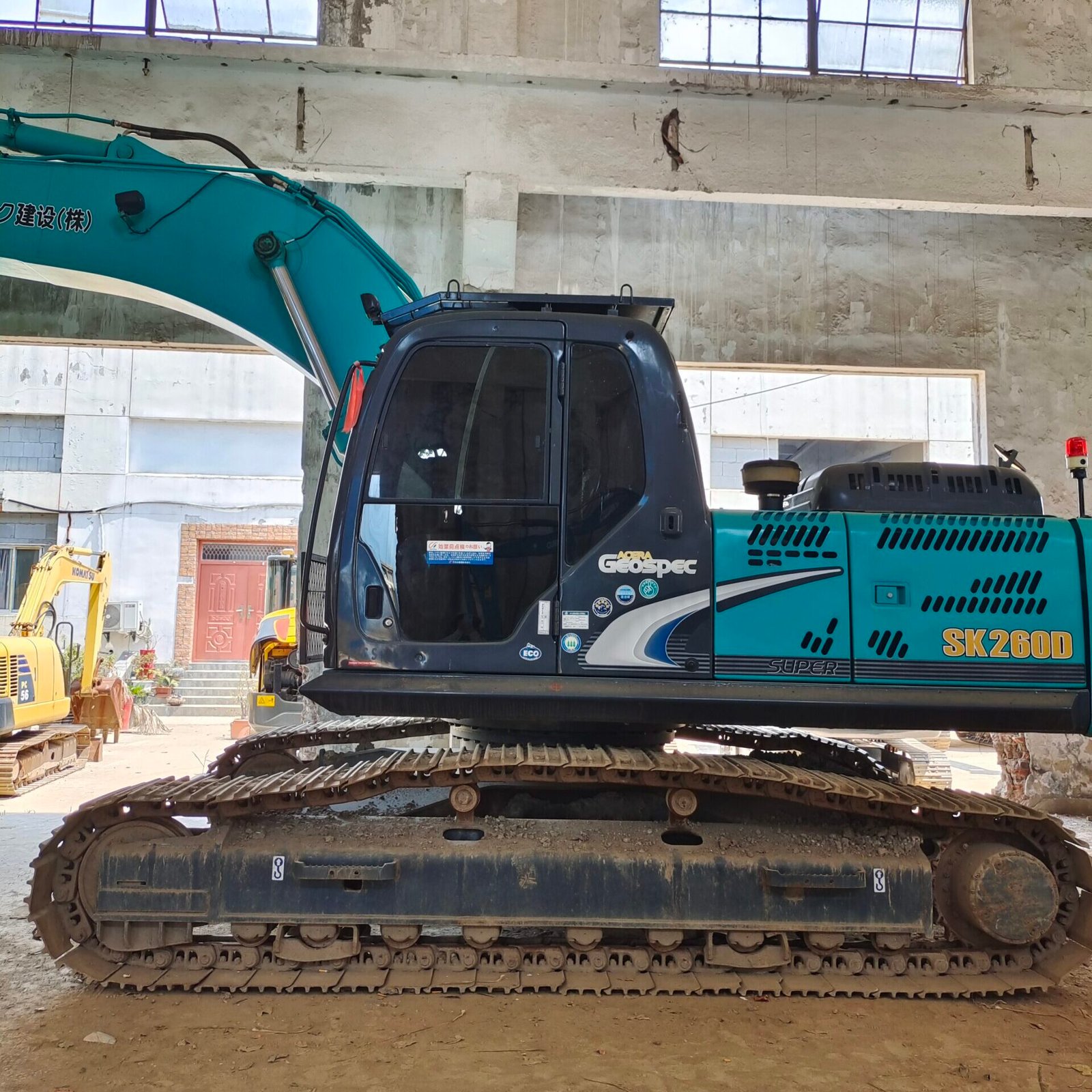I. Introduction
- Background:
- With the rapid development of infrastructure in China, the demand for excavators as a vital part of heavy machinery is continuously increasing. Excavators are widely used in construction, mining, urban development, and environmental protection, serving as key equipment to enhance productivity. The technical standards and compliance of excavators directly impact the safety and quality of projects. Therefore, ensuring that excavators meet relevant laws and regulations during importation, particularly technical standards, safety standards, and environmental standards, is of utmost importance. Compliance checks not only help avoid legal risks but also enhance corporate reputation and ensure the safe and effective use of equipment.
- Objective:
- This article aims to provide businesses with a comprehensive understanding of China Customs import regulations, especially regarding technical standards, safety standards, and environmental standards, to help them ensure that imported excavators meet the necessary requirements for a smooth import process. By analyzing the specific processes and best practices involved in compliance checks, companies can better tackle challenges they may face during importation.
II. Overview of China Customs Import Regulations
- Legal Framework:
- An overview of the laws and regulations related to excavator imports, including the “Customs Law of the People’s Republic of China,” the “Import and Export Commodity Inspection Law,” and the “Special Equipment Safety Law.” These regulations provide legal grounds for the inspection, compliance, and management of imported equipment, ensuring the legality of import activities. Understanding this legal framework helps businesses avoid legal risks and ensure compliance during import operations.
- Customs Regulatory Authorities:
- An introduction to the main customs authorities responsible for regulating the import of excavators, such as the General Administration of Customs of China and local customs offices, along with their functions. These authorities are responsible for reviewing import applications, conducting on-site inspections, and issuing compliance reports to ensure that imported equipment meets national standards. Businesses should maintain good communication with these agencies to stay informed about policy changes and requirements, ensuring a smooth customs clearance process.
III. Technical Standards
- Definition of Technical Standards:
- Technical standards refer to specific requirements regarding the performance, design, manufacturing, and testing of excavators. These standards aim to ensure the safety, reliability, and operability of the equipment. Adhering to technical standards not only improves product quality but also enhances customer trust.
- Relevant Standards:
- A list of the main technical standards applicable to excavators, such as:
- GB Standards: National standards that cover the design, manufacturing, and testing requirements of equipment, ensuring compliance in the domestic market.
- ISO Standards: Standards established by the International Organization for Standardization that ensure products meet internationally accepted quality and safety standards. These standards are widely recognized in international trade and help enhance a company’s competitiveness.
- A list of the main technical standards applicable to excavators, such as:
- Compliance Check Process:
- A detailed explanation of the compliance check process for technical standards, including:
- Submission of Technical Documents: Companies need to provide documents such as product descriptions, technical parameters, and compliance certificates to ensure accuracy and completeness.
- Product Testing and Certification: Conducting performance tests according to relevant standards and obtaining certification from recognized bodies. This process often involves third-party testing organizations to enhance the impartiality and authority of the assessments.
- A detailed explanation of the compliance check process for technical standards, including:

IV. Safety Standards
- Importance of Safety Standards:
- Safety standards are crucial for protecting the lives of operators and the surrounding environment, ensuring the safety and reliability of equipment during use. Adhering to safety standards is not only a legal requirement but also a reflection of a company’s social responsibility.
- Applicable Safety Standards:
- An introduction to the main safety standards that excavators must comply with, such as:
- National Occupational Health and Safety Standards (GB/T 15706): These standards dictate the safety performance requirements for construction machinery, ensuring the equipment does not pose a risk to operators.
- Industry-Specific Standards: Such as the “Safety Regulations for Construction Machinery,” which ensure equipment safety in specific environments. Companies should regularly train employees to enhance safety awareness.
- An introduction to the main safety standards that excavators must comply with, such as:
- Compliance Process:
- A description of the specific steps to ensure compliance with safety standards, including:
- Safety Performance Assessment: Conducting a comprehensive safety performance assessment of the equipment to identify and eliminate potential safety hazards. This assessment should be carried out by qualified professionals to ensure thoroughness and accuracy.
- Issuance of Safety Compliance Certificates: After passing assessments, companies should apply for relevant safety compliance certificates as evidence for legal importation. These certificates should be securely stored for future inspections.
- A description of the specific steps to ensure compliance with safety standards, including:
V. Environmental Standards
- Definition of Environmental Standards:
- Environmental standards aim to reduce the negative impact of heavy machinery on the environment, including emissions, noise, and vibrations. With increasingly stringent environmental regulations, businesses must prioritize environmental compliance in pursuit of sustainable development.
- Relevant Environmental Regulations:
- A list of the main environmental regulations applicable to excavators, such as:
- Emission Standards: Like the “Limits and Measurement Methods for Pollutants Emitted by Motor Vehicles” (GB 14622), which set limits on pollutant emissions from machinery to minimize environmental impact.
- Noise Standards: Such as the “Regulations on Noise Management for Construction Activities,” which control noise levels produced by equipment during operation to protect the surrounding environment and avoid complaints and legal liabilities.
- A list of the main environmental regulations applicable to excavators, such as:
- Compliance Check Process:
- An explanation of the compliance check process for environmental standards, including:
- Emission Testing: Conducting emission tests on equipment to ensure compliance with national emission standards. Companies may choose certified third-party testing organizations for unbiased results.
- Noise Level Assessment: Performing noise tests to evaluate the noise levels generated by the equipment during operation, ensuring they remain within permissible limits to avoid environmental disturbances.
- An explanation of the compliance check process for environmental standards, including:
VI. Best Practices for Compliance Checks
- Establishing a Compliance Management System:
- Providing recommendations for establishing a compliance management system, including:
- Responsibility Allocation: Clearly defining the personnel responsible for compliance checks to ensure coordination among departments and create a unified effort in effective execution of compliance checks.
- Document Management: Establishing a comprehensive document management system to ensure the completeness and traceability of all compliance documents, inspection reports, and certificates for future audits and checks.
- Providing recommendations for establishing a compliance management system, including:
- Regular Audits and Assessments:
- Emphasizing the importance of regular audits to ensure ongoing compliance. Companies are advised to develop audit plans and regularly assess equipment compliance, promptly identifying and correcting issues to reduce legal risks. Audit results should be documented in written reports that include improvement recommendations to enhance the compliance management process continually.
VII. Conclusion
- Summary:
- The significance of compliance checks in ensuring the legal importation of excavators cannot be overstated. By adhering to technical, safety, and environmental standards, businesses can mitigate legal risks and ensure a smooth import process. This approach not only supports legal and compliant operations but also lays a solid foundation for sustainable business growth.
- Call to Action:
- Businesses are encouraged to strengthen compliance checks, enhance legal awareness, and ensure the smooth completion of import processes. It is advisable for companies to collaborate with professional compliance consultants to ensure the legality and compliance of all import activities, thus gaining a competitive advantage in a challenging market. Through continuous compliance efforts, companies can not only improve their market competitiveness but also establish a positive corporate image that earns customer trust and support.



